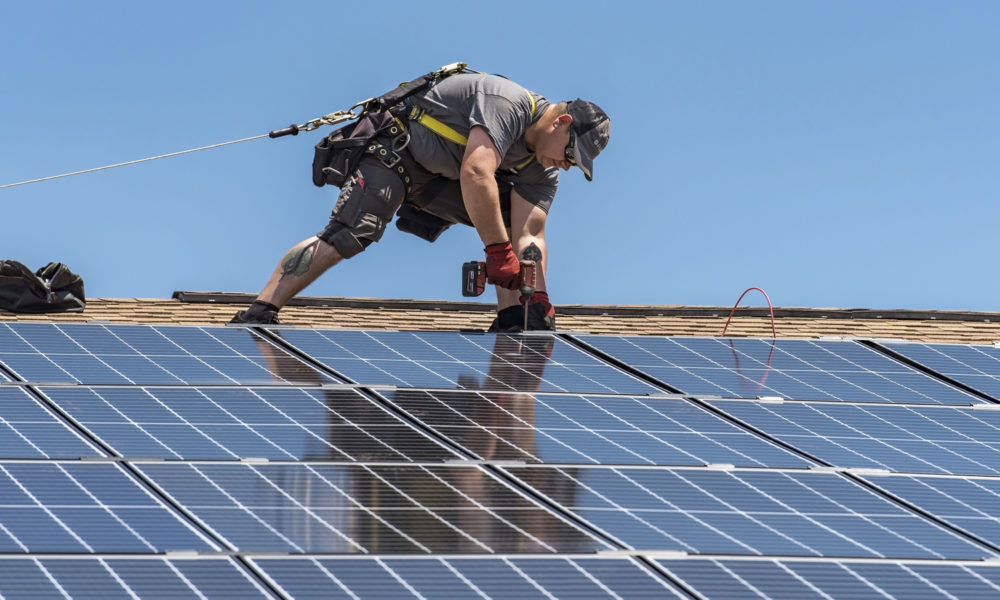We are living in a climate emergency. Some might call it a planetary emergency. People are dying from breathing polluted air. The land is on fire. There is even fire in the Gulf of Mexico. If you’re familiar with disaster movies, you know that disaster strikes after science is ignored and that science is necessary to save the day.
In real life, as in disaster movies, sometimes there is no perfect solution. Everything comes with a trade-off and difficult decisions must be made. Over a two-year project, scientists with the Union of Concerned Scientists (UCS), in collaboration with an external advisory committee of which I am a member, began modelling different scenarios that would decarbonize our economy and help meet climate goals agreed upon by world governments. Unfortunately, because science was ignored for so long, we now face some imperfect decisions. The report resulting from this work highlights alternative pathways and fuel transitions to reduce our reliance on fossil fuels.
I live and work in Louisville, KY. Here, our electric company sends out regular newsletters with suggestions and encouragement for the community to do their part to combat climate change. They do this while fighting and obstructing every opportunity to allow Kentuckians to become energy independent and get off the fossil fuel grid. We have also caught the energy company dumping coal ash into the Ohio River and our air is so polluted that we have local control of air monitoring and regulation. As you may already be aware, Kentucky is one of the states where coal is “king.” Politically, both major parties will do the bidding of the coal companies and the push to diversify the state’s energy portfolio has been exhausting and unsuccessful.
Decarbonizing the economy will have impacts beyond the economy. Our fossil fuel, extractive economy is deadly. It is deadly for the planet and all living things. While not presented in the models, I hope you will see the opportunities presented to improve health, education, and quality of life if we shift away from these polluting forms of energy.
This modelling was never intended to be a one-size-fits-all solution. You will see disputed and opposed options like nuclear and biofuels. Again, that is because our society has ignored science for too long. Scientists have to work with available options to help find any way out. This work shows the possibilities and the gaps. This work will also further push the conservation of energy and economic transitions, while also uplifting the vital fact that historically disproportionately impacted communities must have a role in decision making and hold power to create change.
The modeling makes clear that renewable energy and energy efficiency are our most valuable solutions. Please do not see these modelling results as a justification for adopting the fossil fuel model of making “transitional” options permanent. For example, rather than propose greener solutions, Louisville Gas and Electric plans to build a natural gas pipeline at the request, and to the benefit, of Jim Beam. These graphs provide beginning steps that we hope communities will use to push for truly green and clean forms of energy and transformative changes to the whole energy system.
For additional perspectives from the author team, please see the Clean Energy Transformation series.

